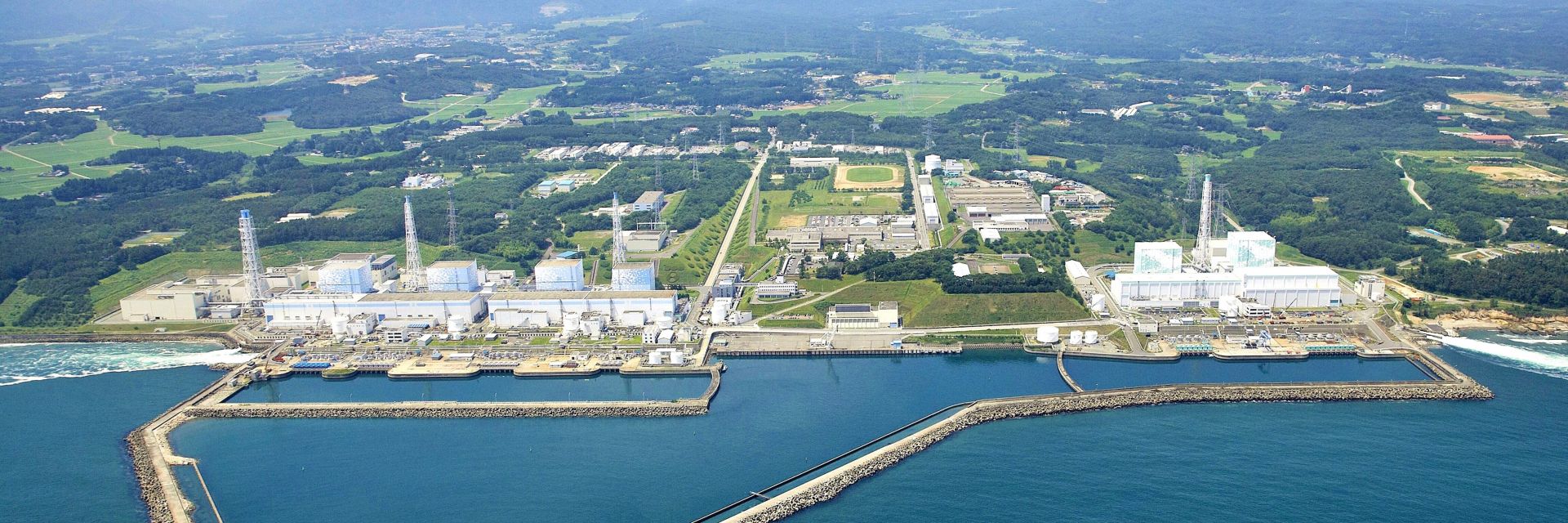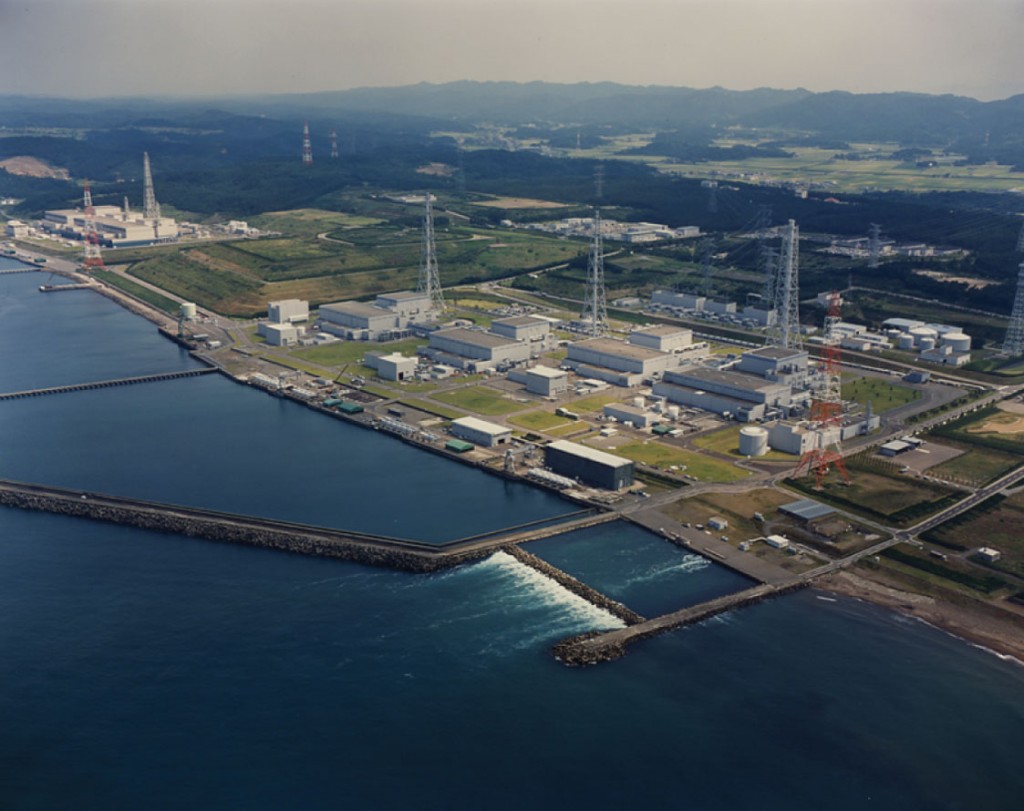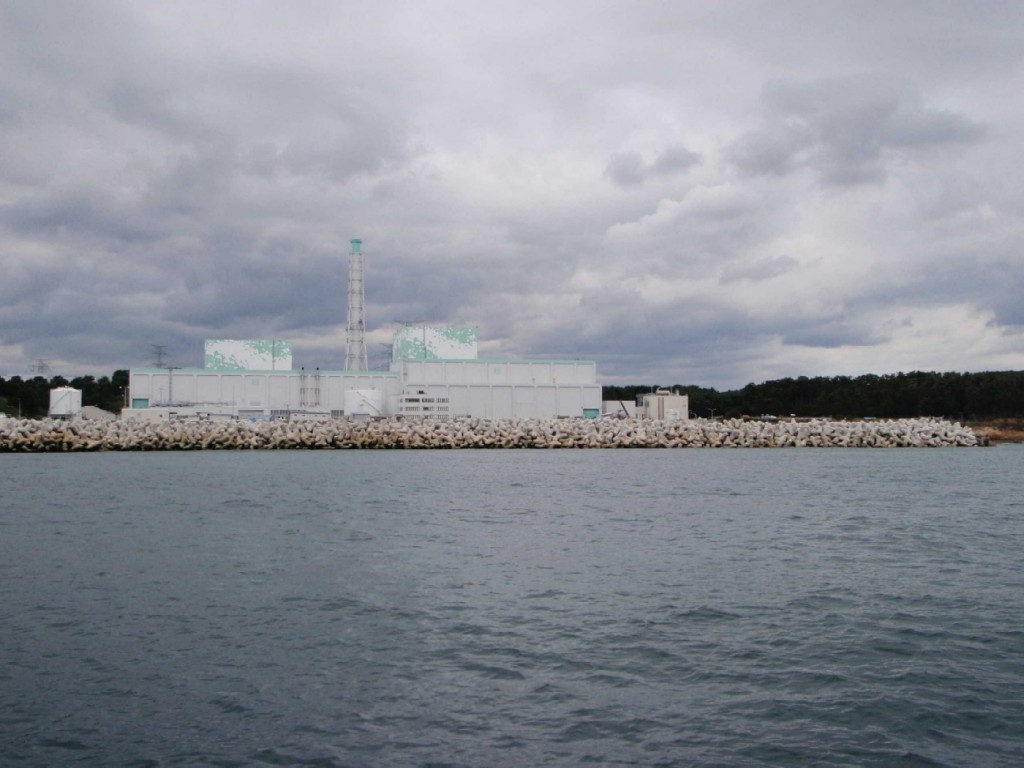In this 2013 photo, workers test switches and gauges in Diablo Canyon’s Unit 2 control room and review the results while the reactor is shut down for refueling and routine maintenance. (Photo: PG&E)
Three climate groups filed a motion for the immediate closure of Diablo Canyon nuclear power plant in California, saying the nuclear plant poses an “unacceptable safety risk.”
DOE-EM senior advisor Ike White provided remarks to the audience during 7th International Forum on the Decommissioning of the Fukushima Daiichi Nuclear Power Station. (Photo: DOE)
Senior advisor Ike White and others with the Department of Energy’s Office of Environmental Management traveled to Japan this week to attend the 7th International Forum on the Decommissioning of the Fukushima Daiichi Nuclear Power Station.
A retired USGS geologist shares his experience of working on the publicly misunderstood nuclear waste repository and its geology.
The author on a typical day at Yucca Mountain, with Solitario Canyon and the flat-topped repository block seen in the background.


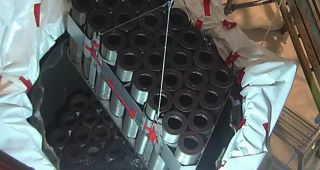

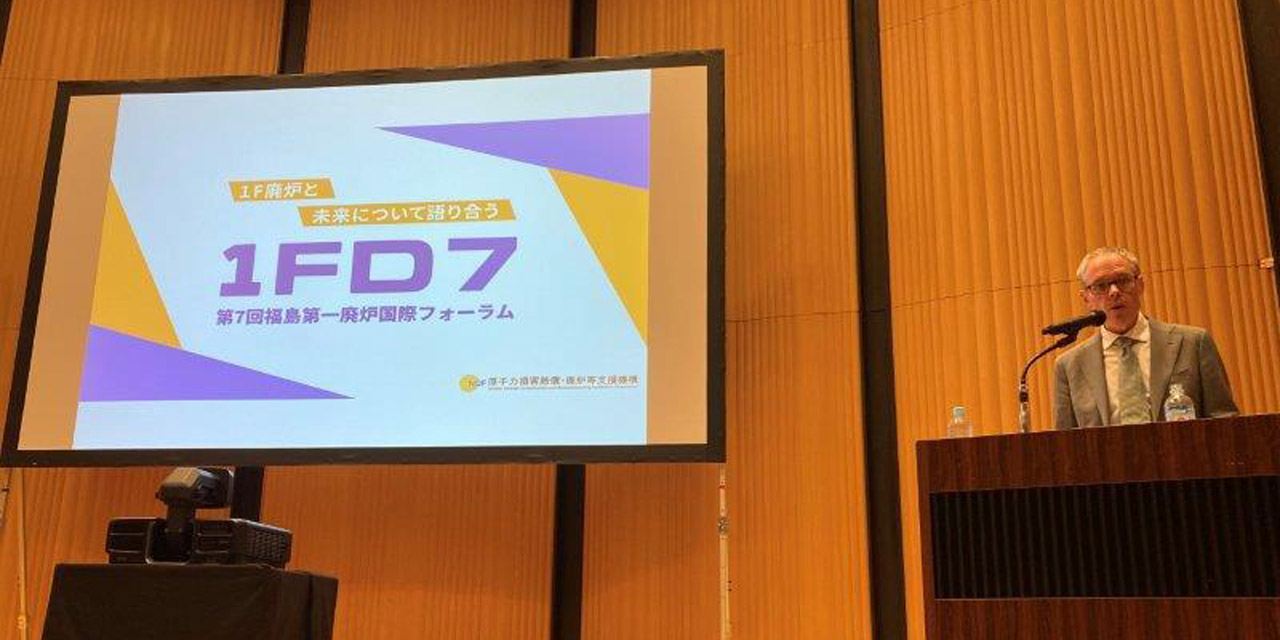

 Nuclear power is an important component in the fight against climate change, but independent regulation is needed to gain the public’s---and governments'---trust, according to a March 6 article in The Economist, “
Nuclear power is an important component in the fight against climate change, but independent regulation is needed to gain the public’s---and governments'---trust, according to a March 6 article in The Economist, “